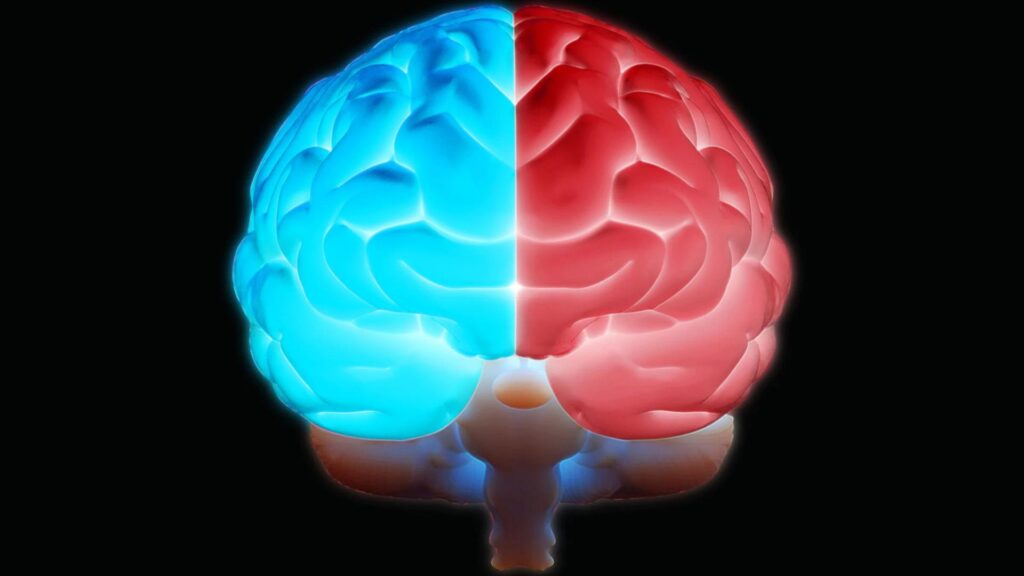Liberalism and conservatism are two of the most influential political ideologies, each shaping the social, economic, and political landscape in different ways. Both ideologies offer distinct views on government’s role in society, individual freedoms, and economic management. This article explores the core beliefs of liberalism and conservatism, shedding light on their differences and the values they prioritize.

What is Liberalism?
Liberalism is a political philosophy centered on the ideas of individual freedoms, equality, and government intervention to promote social welfare. Liberals believe that the government should play a key role in addressing societal inequalities and ensuring that all citizens have equal opportunities to succeed.
Core Beliefs of Liberalism
- Equality and Social Justice: Liberals advocate for policies that promote equal rights and opportunities for all, including minorities and marginalized groups. They support affirmative action, civil rights, and policies that reduce income inequality.
- Government Intervention: Liberals believe in a strong government presence in economic and social matters, including regulating businesses to ensure fairness, providing public healthcare, and supporting social safety nets like unemployment benefits and welfare programs.
- Personal Freedom: Liberalism emphasizes protecting individual rights and freedoms, such as freedom of speech, the right to privacy, and reproductive rights. They often support progressive policies on issues like same-sex marriage and gender equality.
- Environmental Protection: Many liberals prioritize environmental sustainability and advocate for government regulations to protect natural resources and combat climate change.
- Progressive Taxation: Liberals generally support a progressive tax system, where the wealthy pay higher taxes to fund social programs that benefit society as a whole.
What is Conservatism?
Conservatism, on the other hand, is a political ideology that values tradition, limited government, and personal responsibility. Conservatives believe that individuals, rather than the government, should have the primary role in solving social and economic issues.
Core Beliefs of Conservatism
- Traditional Values: Conservatives emphasize preserving traditional cultural, religious, and family values. They tend to be more cautious about social changes and often advocate for policies that maintain the status quo, such as opposition to progressive movements in marriage and gender roles.
- Limited Government: Conservatives believe in minimal government intervention in both the economy and individuals’ lives. They argue that free markets should operate with fewer regulations, and individuals should have the freedom to make their own financial and business decisions.
- Fiscal Responsibility: Conservatism promotes balanced budgets, reducing national debt, and limiting government spending. Conservatives advocate for lower taxes, especially for businesses and high-income earners, believing that this will stimulate economic growth.
- Personal Responsibility: Conservatives place a high value on self-reliance and personal accountability. They believe that individuals should be responsible for their own successes and failures and are often skeptical of welfare programs that provide government assistance.
- National Defense and Security: Conservatives prioritize strong national defense and law enforcement. They often support increased military spending and strict immigration policies to ensure national security.
Differences in Economic Policy
One of the major distinctions between liberalism and conservatism lies in their approach to the economy.
- Liberals generally favor a more regulated economy where the government plays an active role in reducing inequality, providing public services, and regulating businesses to protect workers and consumers. They support programs like minimum wage laws and public healthcare systems.
- Conservatives prefer a free-market approach with limited government interference. They argue that lower taxes and fewer regulations create a business-friendly environment that encourages innovation, entrepreneurship, and economic growth.
Differences in Social Policy
On social issues, liberalism tends to be more progressive, advocating for reforms that promote social justice and personal freedom.
- Liberals support civil rights movements, gender equality, and reproductive rights. They believe that government policies should reflect modern values and protect marginalized groups.
- Conservatives are more likely to uphold traditional values, often opposing policies that challenge long-standing social norms. They emphasize the importance of family structure, religious values, and personal morality in maintaining a stable society.
Differences in Foreign Policy
Liberal and conservative foreign policies often diverge in their approach to international relations.
- Liberals favor diplomacy, international cooperation, and multilateral institutions like the United Nations. They often advocate for foreign aid and humanitarian efforts to promote peace and development.
- Conservatives focus on national sovereignty and are more likely to prioritize a strong military presence. They advocate for policies that protect national interests and are often more skeptical of international agreements and organizations.
The Role of Government
The debate over the role of government is a fundamental difference between liberalism and conservatism.
- Liberals believe that government intervention is necessary to promote equality, protect individual rights, and provide essential services like education and healthcare.
- Conservatives argue that government should have a limited role in society, with its primary functions being national defense, law enforcement, and the protection of individual liberties.
Conclusion
Liberalism and conservatism represent two distinct approaches to governing society, each with its own set of values and beliefs. While liberalism emphasizes equality, social justice, and government intervention, conservatism values tradition, limited government, and personal responsibility. Both ideologies have shaped political systems and debates worldwide, influencing how societies address issues of social welfare, economic policy, and individual freedoms.

